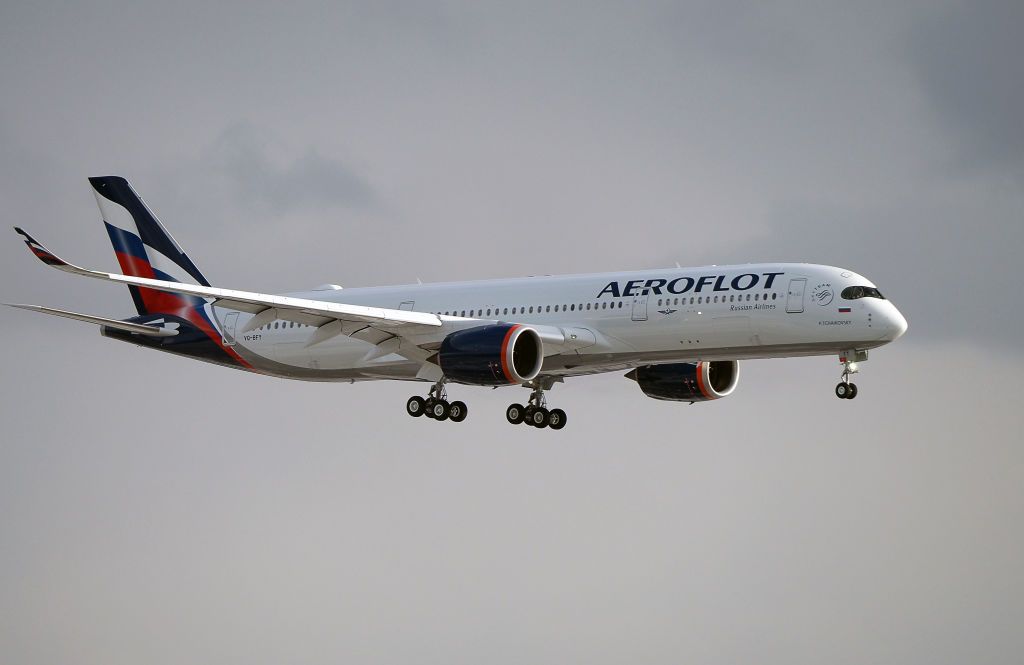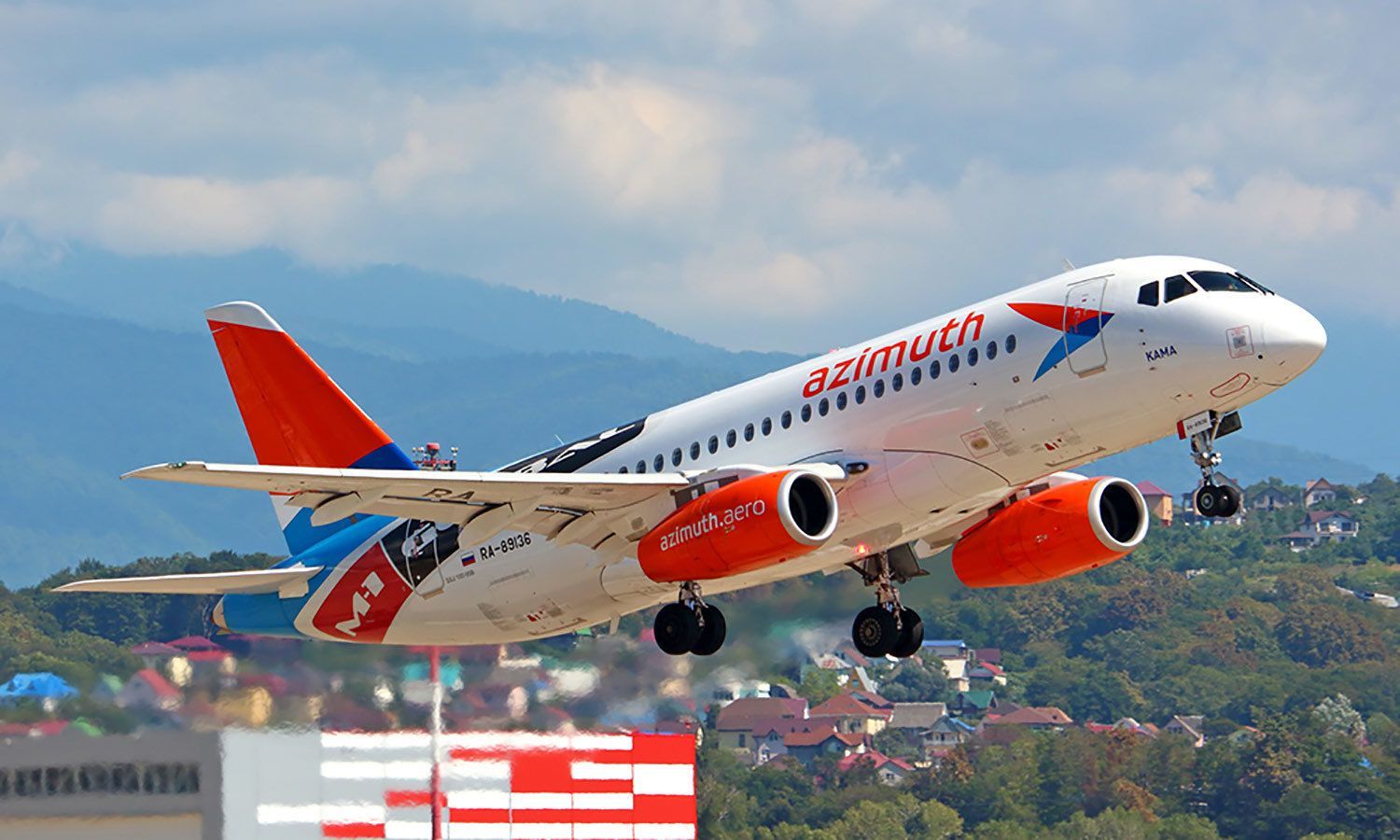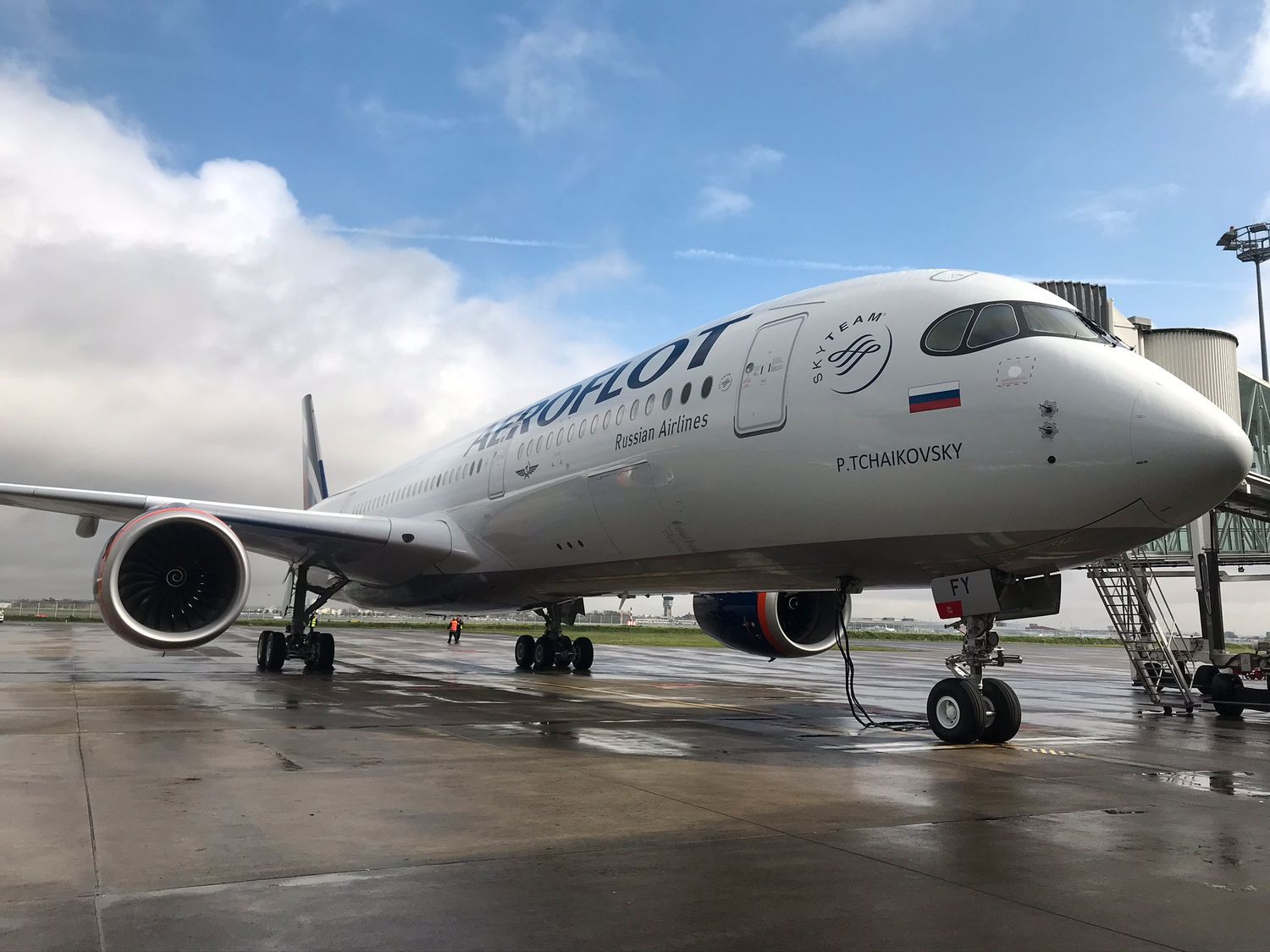The European Union today shared that it will ban the export of all aircraft, equipment, and spare parts. This move falls under broader sanctions imposed by the European Commission following Russia's invasion of Ukraine.
Strong links
In a bid to become more self-sufficient, Russia’s aviation industry has been taking significant strides to expand its aircraft development programs. Despite this approach, there were several collaborations in place with European companies.
Notably, Airbus last year shared that it was keen to increase its market share in Russia, with the company recently confirming several new orders from the country’s carriers. The firm also has a significant interest in the nation’s resources, such as titanium, to build its aircraft. Moreover, brands under the Airbus umbrella also supply parts, including seats, to Russian aircraft.
A new climate
All in all, business between Russia and other European countries had been active over the last decade. Regardless of the trade links, the mood has completely changed following recent incidents.
European Commission President Ursula von der Leyen shared the following today after the extraordinary EU Summit, as reported by Urdu Point.
"The third topic is that we ban the sale of all aircraft spare parts and equipment to Russia's airlines. This will degrade key sectors of Russia's economy and the country's connectivity. 3/4 of Russia's current commercial air fleets we built in the European Union, the US and Canada, and therefore they are massively depending on that.”
International impact
Several European countries have already implemented their own measures against Russian airlines amid this week's events. For instance, it was announced yesterday that Aeroflot has been banned from the United Kingdom as part of sanctions against Russia. Since then, Russia has retaliated by banning UK operators from its airspace.
Stay informed: Sign up for our daily and weekly aviation news digests.
The Russo-Ukrainian war has had a widespread impact on aviation on a local and global scale. Before the invasion occurred, several airlines had been suspending flights into Ukraine due to the mounting tensions in the region. Ukraine then fully closed its airspace before the like of Moldova followed.
Russia had been taking steps to overhaul its national aviation activity in recent years, with the promotion of the Irkut MC-21, Sukhoi SSJ, and Ilyushin Il-114 programs, which were tipped to take over Airbus and Boeing narrowbodies across domestic routes in Russias this decade. The sanctions against the nation could further catalyze self-reliance amid the existing dependence on parts from overseas companies.
Overall, the country has been keen to Russify its aviation activity. Yet, the sanctions against its airlines and the wider industry will undoubtedly have an impact on operations. Several additional twists and turns are expected in the coming months, as it seems like it’s only the beginning in this unpredictable saga.
What are your thoughts about the European Union banning the exports of aircraft, parts, and equipment to Russian carriers? What do you make of the overall initiatives in place by authorities in Europe? Let us know what you think of the situation and the prospects in the comment section.



